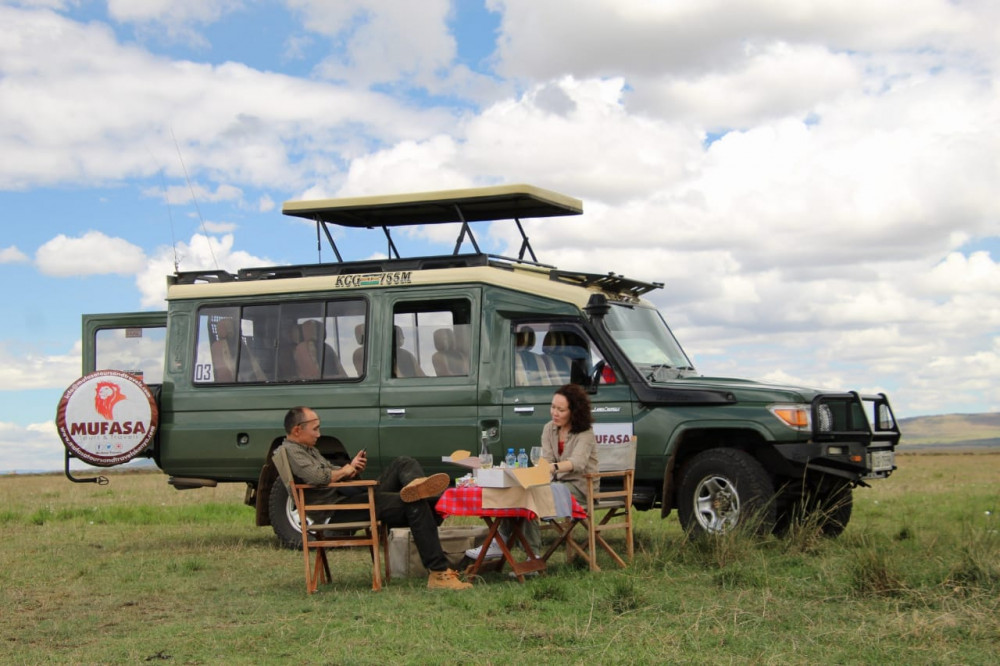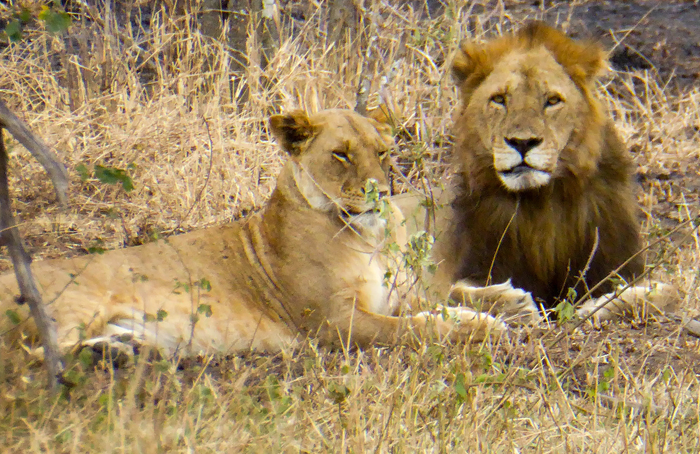Top Tips On Deciding On Devil666 Slot Sites
Wiki Article
What Health-Related Precautions Must I Be Aware Of When On Vacation In Mombasa?
When you're on vacation in Mombasa (Kenya), it's essential to be aware of the health hazards. Here are some health-related issues to take into consideration:
1. Vaccinations
Routine Vaccinations: Ensure that you are up-to-date on routine vaccines such as measles-mumps-rubella (MMR), diphtheria-tetanus-pertussis, varicella (chickenpox), polio, and your yearly flu shot.
Hepatitis A: Recommended for everyone traveling due to the possibility of contaminated food and water.
Hepatitis B is recommended for those who are exposed to bodily fluids or blood (e.g., through sexual contact, medical treatments, or through drug use).
Typhoid : This is crucial for those staying with family members or close friends, travelling in rural or small towns areas, and for adventurous eaters.
Yellow Fever Certificate of vaccination might be required for travellers arriving from countries that have a high threat of transmission of yellow fever. Find out the most current regulations.
Rabies: Considered by travelers who are engaged in outdoor activities where they are at risk of being bit by animals, such as those involved in caving, hiking or camping.
2. Malaria Prevention
The malaria in Mombasa is very prevalent. Talk to your physician about the most effective antimalarial medication for you.
Wear long sleeves and pants during the night and at evening. Use insect repellent containing DEET. Sleep under mosquito nets when you are not in a room with air conditioning or one that has good screens.
3. Food and Water Safety
Do not drink tap water or ice cubes. Avoid drinking tap water as well as drinks that contain frozen cubes of ice.
Be Safe: Eat only cooked and well-cooked food. Avoid undercooked or raw seafood, meats and unwashed fruits and vegetables. Avoid street food, and choose reputable restaurants.
4. Diarrrhea of the Traveler
Preventive measures: Wash your hands regularly with soap or water. Beware of eating or drinking any beverage or food from a suspect source.
Bring along medications such as Imodium and oral rehydration sodiums. If the case is severe, consult your doctor regarding antibiotics.
5. Sun Protection
Make sure you use a sunscreen that has at least 30 SPF. Make sure to apply your sunscreen regularly and especially after you have been sweating or swimming.
Protective Clothing Wear sunglasses, hats as well as light, long-sleeved clothes to limit exposure to sun.
6. Heat and Hydration
Be sure to avoid dehydration by drinking lots of fluids. Avoid excessive alcohol and caffeine because they can cause dehydration.
Avoid excessive exertion. Take regular breaks, especially in the hottest time of the afternoon. Avoid heat stroke or heat exhaustion by seeking shade or cool spots.
7. Safety and Security
Swim in Designated Areas Pay attention to local recommendations regarding the swimming conditions and possible hazards, such as strong currents.
Beware of marine creatures that pose danger like sea urchins or jellyfish. Wear water shoes when walking around shallow waters.
8. Care and Insurance. Care and Insurance
Travel Insurance: Make sure to have comprehensive travel insurance, which includes evacuation in the event of medical emergencies.
Local Medical Facilities - Acquaint yourself with the location of medical facilities that are reputable in Mombasa. The major hotels usually have information on nearby doctors and hospitals.
Bring enough medicine enough to last the duration of your excursion.
9. Emergency Contacts
Contact details of your country's Embassy, Consulate or Embassy in Kenya.
Local Emergency Numbers:
Make sure you take these steps to limit your risks, and enjoy your vacation in Mombasa. Take a look at the top kenya tours and safaris Wasini Watamu for website info including african safari africa, kenya travel packages, tour and travel company, tours safari africa, africa tours, african safari africa, safari trips in africa, kenya beach and safari holiday, africa tours and safaris, tours and safaris in kenya and more.

What Cultural Sensitivity Considerations Must Be Considered Prior To An Event In Mombasa?
To ensure respectful interactions with locals and enhance your travel experience, it is essential to be culturally sensitive while on holiday in Mombasa. Consider these key factors:
1. Be respectful of local dress codes.
Mombasa is home to a significant Muslim community. Dressing modestly is respectful particularly when you are in public, at religious sites as well as in the local neighborhood. Dressing your knees, shoulders, and chest is acceptable.
Beachwear: While swimwear is allowed on the beach but it is recommended to cover up when leaving the area, or going to restaurants or shops nearby.
2. Religious Sensitivity
Visiting Mosques: If you would like to visit a mosque, make sure you have permission first, and dress appropriately. Women should wear a head cover and all visitors should remove their shoes prior to entering a mosque.
Prayer Times: Pay attention to the five times for prayer each day and try to be respectful at these times, especially when you're near an Islamic mosque.
3. Photography Etiquette
Permission: Always ask for permission prior to taking pictures of people, particularly in rural areas or traditional environments. People who are uncomfortable may believe that the photographs are invasive.
Restricted Areas: Do not take photographs of places that are considered to be sensitive such as military installations, government buildings as well as certain cultural sites in which photography is not permitted.
4. Social Interactions
The manner of greeting people is crucial. Swahili is a language that has a greeting known as "Jambo" or "Hello". Handshakes are common however, it's better for Muslim women to wait until their hands are extended, or simply greet them verbally.
Personal Space: Remember the need to be respectful of your personal space.
5. Cultural Norms, Taboos
Public Displays: It is generally considered inappropriate to display affection in public.
Left Hand Usage: In general, the hand that is left handed is thought to be unclean. You should use your right hand to eat or greet others, as well as to exchange goods or money.
Feet: Showing your soles or pointing at people by your feet can be considered to be disrespectful.
6. Language and Communication
Basic Swahili. Understanding a few Swahili words and phrases can help you establish relationships with locals. Other phrases of common use include "Asante", (thank you), and "Habari", (how are you?). ).
Politeness - Make sure you are polite and patient when you communicate. Kenyans appreciate respectful and courteous interactions.
7. Respect for local Customs
Traditional practices: Be respectful of the traditional rituals and practices. If you have been invited to an local event, pay attention and follow your hosts.
Bargaining is commonplace at markets and at local stores. Be sure to conduct it with respect and the right amount of humor. It's more cultural than confrontational.
8. Alcohol and Smoking
There is alcohol available to drink but it should be done in a discreet manner. Avoid public drunkenness.
Smoking in public places is not allowed. You can find designated areas for smoking.
9. Environmental Respect
Littering - Avoid littering, and dispose of waste in a responsible manner. Take care of nature and wildlife.
Conservation: Help in conservation efforts by preserving local wildlife and their habitats. Avoid buying products made from endangered species.
10. Supporting Local Communities
Local Businesses - Support local businesses and markets.
Responsible Tourism: Participate in responsible tourism by selecting eco-friendly and community-based tourism options that are beneficial to the local population.
If you follow these guidelines for cultural sensitivity, you will be able to experience a more meaningful, and pleasant experience in Mombasa, enhancing your knowledge and appreciation of the culture of Mombasa. View the recommended taxi in mombasa for blog examples including africa in kenya, trip tour companies, afri safari, kenya beach and safari holiday, mombasa tours, kenya tours, tour mombasa, trip tour companies, kenya safari beach, kenya holiday packages and more.

What Are The Environmental Responsibilities I Need To Be Aware Of During My Vacation In Mombasa Kenya?
To protect the natural beauty and diversity of Mombasa in Kenya, it is vital to be mindful of the environment. Here are important environmental considerations:
1. Sustainable Accommodation
Eco-Friendly Hotels: Choose accommodations that promote sustainability. Look for certifications like Eco-Tourism Kenya or other eco-labels.
Resource Conservation: Join in hotel initiatives to conserving water and electricity. Reuse towels and linens. Switch off the lighting and air conditioning if they are not used.
2. Responsible Monitoring of Wildlife
Be respectful of wildlife and stay away from them to avoid disturbing. Follow the directions of your tour guide.
Avoid Feeding Animals. Feeding wild animals may alter their diets and behaviors.
Don't Leave No Track: Don't litter in wildlife preserves or parks. Bring all of your trash with you and dispose of it properly.
3. Plastic Reduction
Reduce the use of plastics: avoid single-use plastics. Carry a reusable mug bag, bag, or an utensil.
Participate in local initiatives: Take part in beach cleanups, and aid groups that help reduce the impact of plastics on the environment.
4. Water Conservation
Mombasa faces water scarcity problems. Make shorter showers and switch off the water when it is not in use.
Make use of eco-friendly and biodegradable toiletries: To minimize water pollution Use biodegradable and eco-friendly toiletries.
5. Energy Conservation
Reduce energy use: Limit the usage of air conditioners and disconnect devices that aren't being used.
Help support renewable Energy Select accommodation and tour operators which use renewable energy.
6. Sustainable Transportation
Public Transport: If possible, minimize your carbon footprint with public transportation, like buses and matatus.
Eco-friendly Options: Consider renting bikes or walking short distances. Certain areas have eco-friendly tuktuks.
7. Supporting local economy
Buy Local: Purchase souvenirs, craft items, and food locally, to help local businesses.
Fair Trade: Buy products that have been certified fair trade to ensure that producers in your area are fairly compensated.
8. Environmental Education
Learn and share: Be informed about the environment in your area and conservation efforts. Share what you learn with your friends and family members to spread awareness.
Respect Local Cultures. Respect and understand customs and local practices which are connected to the conservation of environmental resources.
9. Marine Conservation
Snorkeling and Scuba diving Be cautious not to touch or step onto coral reefs. Make sure to protect marine life with sunscreens that are safe for reefs.
Waste Disposal: Never throw trash into the ocean. Participate or support marine conservancy programs.
10. Ethical Souvenirs
Beware of Wildlife Products. Don't buy products that are made from endangered species like tortoiseshell or ivory.
Sustainable Materials: Choose items made of recycled materials or sustainably produced.
11. Participate in conservation Activities
You can consider volunteering for community tourism or conservation initiatives.
Help local non-governmental organizations. Donate money or support conservation organizations and NGOs in your area to help protect the environment.
12. Responsible Travel practices
Travel in small smaller groups, with a close knit group to minimize environmental impact.
Eco-Tours: Choose tour operators that are environmentally conscious and committed to sustainability.
Keep these environmental responsibilities at the forefront of your thoughts to ensure the protection of Mombasa's precious resources. Take a look at the most popular kenya day tours for more examples including africa tours, mombasa packages, safari a nairobi, holiday packages mombasa, kenya tour operator, safari company kenya, tour company, tours safari africa, mombasa safaris kenya, safari trips in kenya and more.
